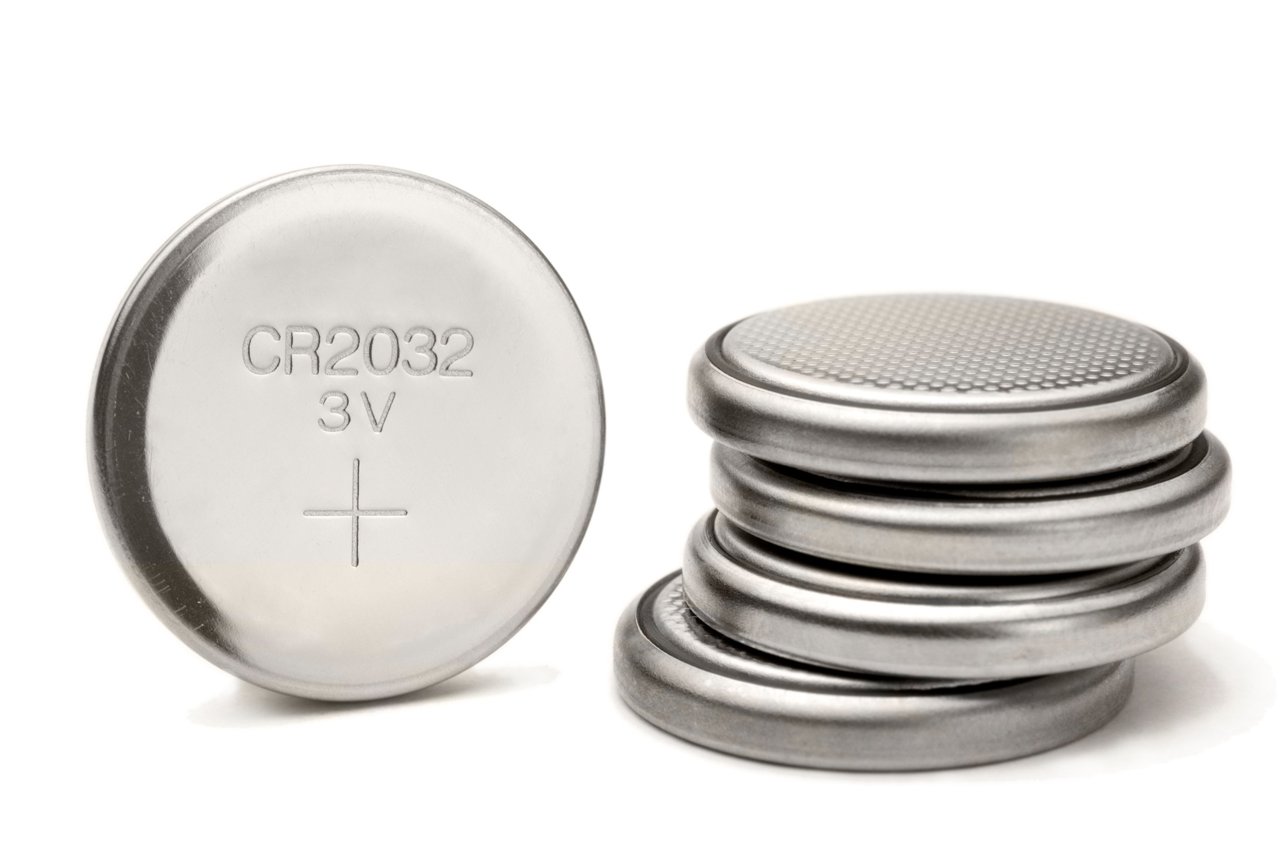What Parents Need to Know About Button Batteries

What Is a Button Battery and Why Is It Dangerous for Children?
A button battery (sometimes called a battery button) is a small, round battery commonly found in remote controls, key fobs, holiday decorations, and hearing aids. You might also find button batteries in toys.
Why are button batteries dangerous? Unfortunately, young children find them interesting and may swallow them, which can cause choking and severe tissue damage. The number of button battery deaths per year is low, but there’s a significant injury risk.
Consequently, knowing what to do if your child swallows a button battery or inserts it into their ear or nose is critical. This article provides step-by-step instructions on how to get help and reduce the risk of severe injury following button battery ingestion.
Symptoms of Button Battery Ingestion
What happens if a child swallows a button battery? The risk is that the battery will interact with fluids or tissues and release harmful substances.
Button battery poison symptoms can include:
- Upset stomach or belly pain
- Drooling
- Throat pain
- Avoiding foods and beverages
- Vomiting
- Diarrhea
- Unusually dark or bloody stools
- Fussiness
- Coughing or having trouble breathing
- Fever
Seek emergency medical attention if you notice any of these button battery ingestion symptoms.
How Long After Swallowing a Button Battery Do Symptoms Show?
Signs of button battery ingestion can occur immediately (if they choke on it) or take minutes or hours. Within 15 minutes, harmful chemical reactions can begin, causing burns and tissue damage. Life-threatening damage can occur within two hours.
Tips if Your Child Swallows a Button Battery
If your child swallows a battery or you think they might have, you should take the steps below. Button battery awareness is essential for anyone who cares for children.
Call 911 Immediately
Explain that a button battery has been swallowed and any symptoms you’re seeing. The 911 operator can guide you on how to proceed. If you’re unsure about whether button battery ingestion occurred, it’s best to get medical advice and take action as if it has. You can also call the National Button Battery Ingestion Hotline at 800-498-8666.
Don't Induce Vomiting
Making a child who has swallowed a button battery vomit can worsen the situation. The battery can cause additional tissue damage as it makes its way up from the stomach.
For Children Over 12 Months, Give Them Honey
If the child is a year or older and not allergic to honey, give them two teaspoons every 10 minutes as you proceed to the hospital. Honey can help protect their esophagus and coat the button battery in their stomach to help temporarily neutralize it.
Do not give them any food or beverage other than honey.
How To Protect Your Child From Swallowing a Button Battery
Swallowing a button battery is a medical emergency. However, you can reduce the risk of ingestion by taking these steps:
Tighten Battery Compartments
Ensure battery compartments are secure. You can also reduce the risk of ingestion by making sure the batteries are properly seated in their receptacles.
Keep Batteries Out of Reach
It’s vital to store loose batteries where children can’t access them. You should also recycle or discard old batteries as directed as soon as you remove them from the device.
Check Devices Regularly
Inspect devices often. Look for loose battery compartments or damage that might allow children to see and access the batteries.
Teach Your Child About the Dangers
Explain to your child that button batteries are dangerous in terms appropriate for their age. You should also talk with older kids about the risks so they can help monitor younger children and prevent ingestion.
Supervise Children Closely
Always watch children who are using devices with battery buttons. It only takes seconds for them to pop a battery into their mouth, so they should never be left unsupervised with these devices.
Consider Alternatives
As much as possible, you should keep young children from having access to devices with button batteries. Choose toys, games, etc., that don’t have button batteries when available.
Preventing Button Battery Ingestion
Button battery ingestion is serious and requires immediate treatment. A button battery is visible on an X-ray, and a physician can remove it. However, the item can cause significant damage before it’s removed, and the procedures for extracting batteries can be unpleasant for the child. So, parents and caregivers should do all they can to prevent ingestion.
How do button batteries cause death? What are common toys with button batteries? Your child’s pediatrician can answer questions like these to help you understand and address the risk.
If you don’t have a pediatrician, use our online provider directory to find one.
Learn More About Urgent Care
Learn More About Virtual Care
Urgent Care for Minor Illnesses
Choosing Urgent Care or the Emergency Room
Baptist Health Urgent Care vs. ER in La Grange, KY



